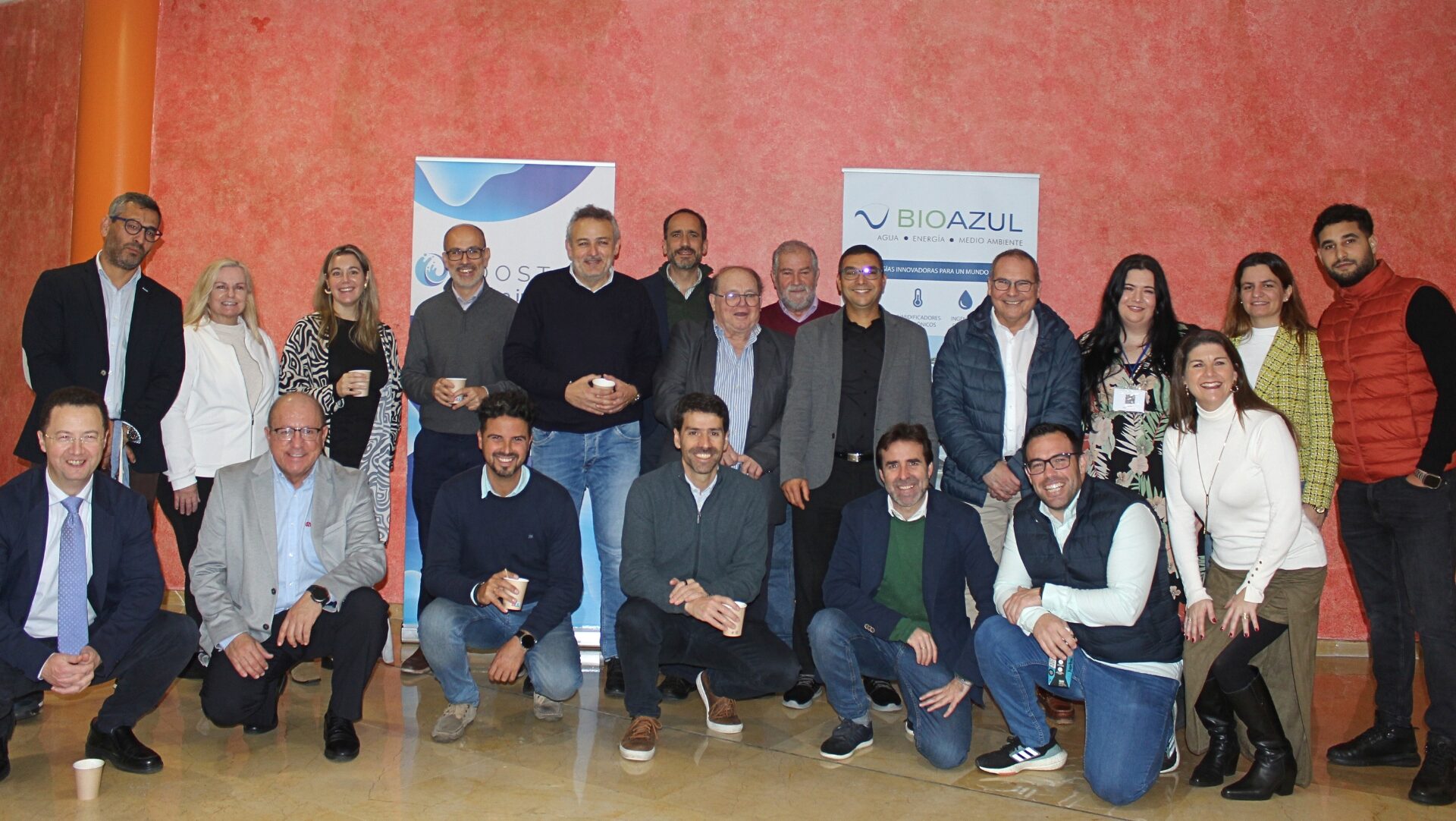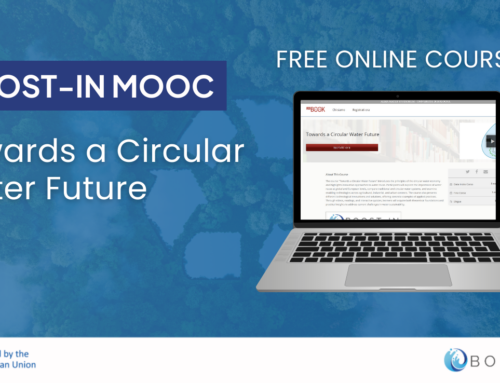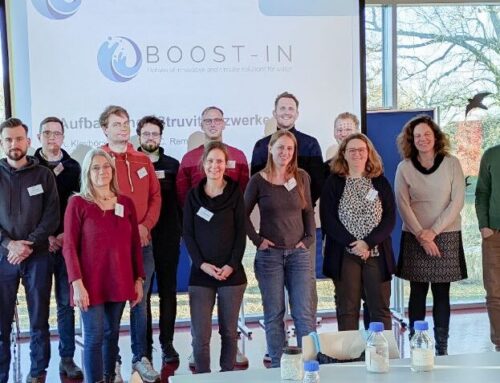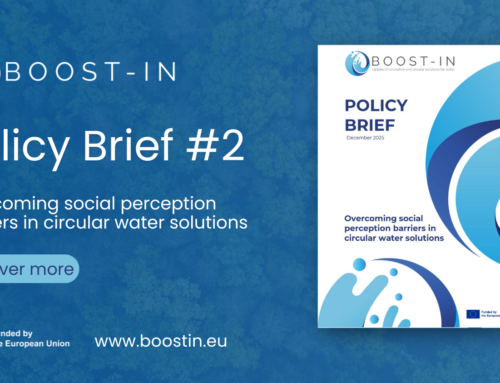On March 13, 2025, as part of the Foro TRANSFIERE technology fair held in Málaga, BIOAZUL organized the first Regional Co-Creation Workshop of the BOOST-IN project. This event was designed to bring together key stakeholders to identify social perception barriers and explore opportunities for the adoption of water reuse strategies in agriculture.
The workshop aligns with Work Package 2 Scaling up with public stakeholder engagement of BOOST-IN, which aims to address public perception challenges in the water and circular economy sectors. Similar workshops will be conducted in all BOOST-IN Opportunity Regions, each focusing on the specific challenges of its respective region.
Key Discussions and Findings
The session began with an introduction to BOOST-IN’s objectives and the role of water reuse in achieving a more sustainable and circular water economy. Participants—representing public administrations, industry, energy communities, and civil society—shared their expectations and experiences regarding water reuse.
Main Challenges Identified
Participants worked in groups, analyzing perspectives from farmers, consumers, the distribution chain, and other key actors. The discussions highlighted several major challenges:
- Lack of public awareness and understanding – Many people are unfamiliar with regenerated water and its benefits, leading to uncertainty and even rejection.
- Need for transparent and effective communication – Misinformation or the absence of clear messaging fosters distrust. Stakeholders emphasized the importance of proactive communication strategies.
- Concerns over water quality – Farmers, in particular, showed interest in the potential benefits of nutrients present in regenerated water, which could reduce reliance on chemical fertilizers and lower emissions associated with transportation.
- Regulatory and financial barriers – Participants pointed out the complexity of regulatory frameworks, high costs, and restrictive policies that limit the expansion of water reuse practices. Additionally, the lack of local interlocutors to facilitate dialogue between farmers and public administrations was seen as a key issue.
- Affordability of regenerated water – Farmers emphasized the importance of ensuring cost-effective access to high-quality regenerated water and the need for financial support to develop the necessary infrastructure.
- Innovative Solutions and Next Steps
In the central part of the workshop, innovative solutions for water reuse in agriculture (WACES) were presented, sparking discussions about their practicality and public acceptance. Once again, knowledge gaps and ineffective communication emerged as critical barriers to implementation. Stakeholders also highlighted the need for better training within the public sector and infrastructure dedicated to water reuse.
The session concluded with a vision-building exercise, where participants reflected on the next steps regarding knowledge sharing, public engagement, and governance improvements. The discussion reaffirmed the commitment to finding practical and scalable solutions that make water reuse more accessible and widely accepted.
Conclusion
This workshop marks a crucial step in BOOST-IN’s mission to scale up circular water economy solutions. By fostering collaboration between stakeholders and addressing public perception challenges, the project aims to pave the way for sustainable water management practices in Andalusia and beyond. Follow us to learn more about the journey towards a more sustainable and circular water economy!







